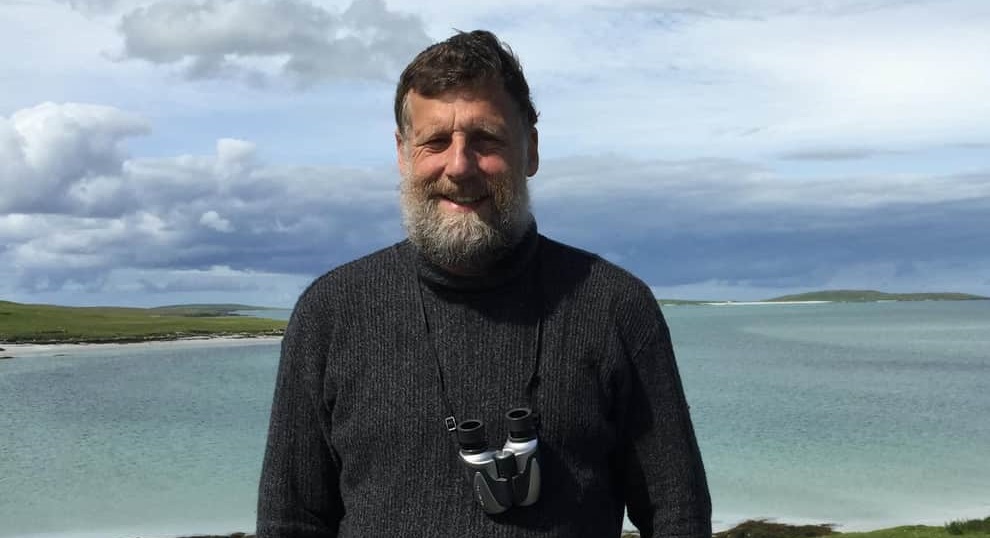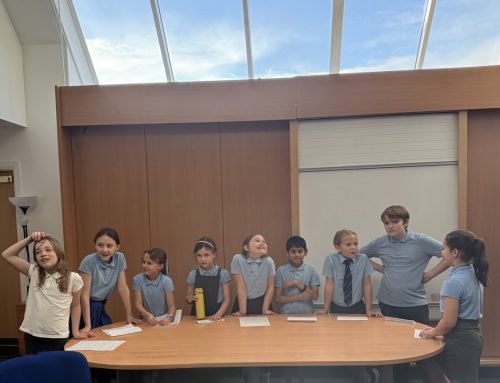We invited ambassadors of Scottish Interfaith Week to share their stories of attending events during the festival.
In this story, our ambassador David McKee reflects on the event ‘Decolonising Lands and Minds’ which he attended on Monday 7 November, 2022.
- Photo: Alastair McIntosh. Photo credit: Verene Nicolas
- Words: David McKee
Decolonising Lands and Minds
It was a dreich – you might say typically Glasgow night – as I wandered off the subway and meandered towards the University of Glasgow Memorial Chapel, to listen to Alistair McIntosh’ – speaker, researcher and activist – share his thoughts on Decolonising Lands and Minds.
Despite the weather, McIntosh’ talk was anything but dreich and instead, really got me thinking.
This was part of Scottish Interfaith Week and also tied in with the moving Carrolup Touring Art Exhibition in Glasgow University – Tracing the Art of a Stolen Generation. In this display, paintings and words from Aboriginal children, taken away from home to the Carrolup Settlement in the 1940s, are showcased.
This is intended to allow reflection and also – because many of the paintings have not been found – spark interest if anyone in Scotland has one, unbeknown to them. The art from Carrolup mirrored that of places such as Terezín, a Nazi ghetto near Prague, where, during the horrors of the Holocaust, Czech musicians, composers and theatrical artists, wrote and performed. Like the children of Carrolup, despite terrible prospects, creativity was a form of resistance.
McIntosh used the basis of the Carrolup story to form his engaging and passionate presentation, covering a wide range of topics, including:
- How colonisation was once seen as progress but not now which is good
- How in the past people often saw things in pure binary terms (black and white for example)
- His work with the Isle of Eigg move into community ownership
- Liberation theology
- The “three i’s” of colonisation
- Imperial – based on land and territories
- Internal – within a country
- Inner – level of the soul, spiritual process
- How society can begin to decolonise our viewpoints
- How we have a duty of candour in facing, accepting and challenging our past
Decolonising attitudes within faith groups
Much of this made me ponder the ‘Black Lives Matter’ movement and protests in Bristol and elsewhere over slavery in recent years.
For interfaith matters too, is there a need for faith groups to in effect, ‘decolonise their attitudes’?
The past cannot be overwritten, but surely there is a requirement to be welcoming, open and honest to all people? Not be scared, but instead welcome contributions, skills and more importantly, the stories of people who have suffered, however difficult they may be to hear for our faith tradition.
Much to chew over as interfaith activities continue with a wide variety of dialogue and listening taking place over Scotland during November. I hope they are as intriguing as McIntosh’ contribution.





